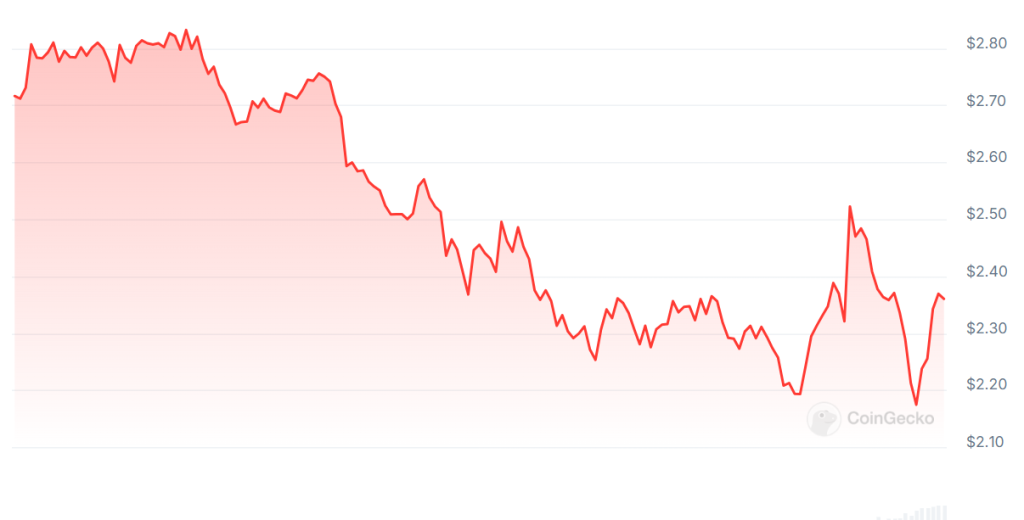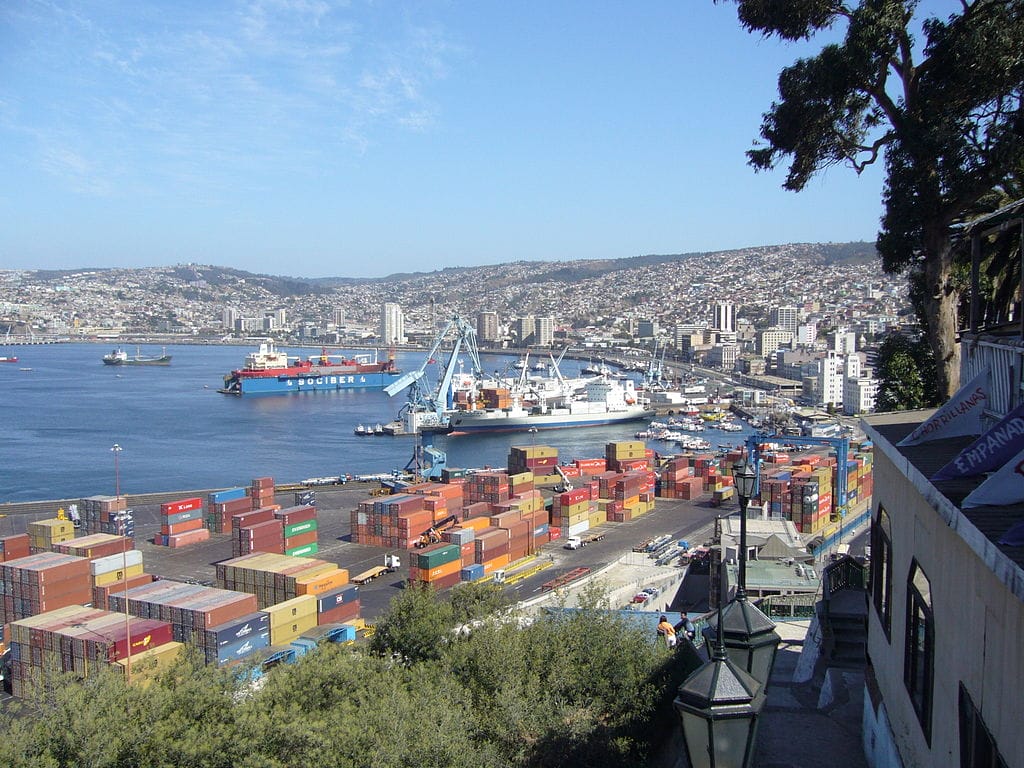
The Worldcoin (WLD) operator, Tools for Humanity, has decided to modify its data collection practices in Chile in response to legal challenges.
The Spanish-language media outlet Criptonoticias reported that Tools For Humanity will now bar “children and adolescents” from handing over biometric data in exchange for WLD tokens.

Worldcoin Pushback: Firm to Start Checking Chilean Users’ Ages
Tools For Humanity Latin America’s head of communications and marketing, Astrid Vasconcellos, stated that the organization has “made changes” to its operations “following criticism and controversy.”
When Worldcoin began operating in Chile in July of last year, there was a lot of uptake throughout the nation.
Lawyer Filed Key Case at Appeals Court
Media outlets reported “long queues” forming at Chilean iris-scanning centers. However, the firm’s decision to permit teenagers to use Orb scanners has drawn criticism from the legal community.
According to the media outlet, this has “sparked a controversy” in the country.
In March of this year, Chilean attorney Rodrigo Lagos filed a case at the Santiago Court of Appeals after discovering that his daughter, 17, had been permitted to scan her iris “without her parents’ consent.”
This case was brought during a period of increased global scrutiny of Worldcoin’s operations and worries about data privacy.
Watchdogs and politicians in Europe, Africa, and Asia have stepped in. Elsewhere in Latin America, lawmakers have also called for Worldcoin-related regulations.
Chilean authorities thus followed suit. They began monitoring the firm in April to “ensure that consumers are fully informed about how their data will be used.”
Tools for Humanity, a tech company co-founded and chaired by OpenAI head Sam Altman, has recruited Damien Kieran to be its first chief privacy officer. https://t.co/MEzQkBfNST
— Bloomberg Law (@BLaw) July 2, 2024
ID Checks Now Compulsory at Chile Centers
But Worldcoin seems eager to allay these worries by strengthening its processes for ID and age verification. Vasconcellos explained:
“Previously we did not verify the age of [the people who use our centers]. Now, before you enter a [center], you have to present valid ID documents. The reason we didn’t do this before is that the fundamental pillars of the project include privacy and security.”
Vasconcellos continued, saying that the firm “didn’t want to confuse people” by “making think that we were cross-referencing personal data with iris scans.” She added:
“We have learned that we do need to verify the [age of] people who [use the centers]. It is not enough to take people’s word.”
Worldcoin runs iris-scanning facilities in Valparaiso, Rancagua, Concepción, and Santiago, the capital of Chile.

1% of Chileans Have Scanned Their Irises
According to the company, “more than 1% of the Chilean population” has been successfully scanned.
Vasconcellos emphasized that the company keeps track of specific “iris codes” rather than pictures of the irises it scans. She clarified that iris images are “automatically deleted.” The Tools For Humanity executive concluded:
“The goal of the project is to create a humanity base: a network of humans. This will help identify who is human and who is not. There is a lot of misinformation about our project out there.”
Chile’s economy contracted for a third straight month in May as a rebound from last year’s stagnation falters almost as soon as it began, adding to pressure on policymakers to continue interest-rate cuts. https://t.co/WRtpTcmRCE
— Bloomberg Markets (@markets) July 1, 2024
Company Admits Worldcoin Project Is ‘Complex’
Considering that the project is “quite new and complex,” Vasconcellos stated that “perhaps” some of this was the “fault” of her company.
The global pushback against Worldcoin is still ongoing. A UK regulator started looking into the company’s activities in late June.
But last month, when police in Kenya decided not to pursue further investigation into the organization’s centers, Tools For Humanity achieved a victory.















1 Comment